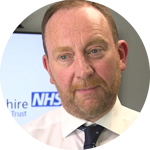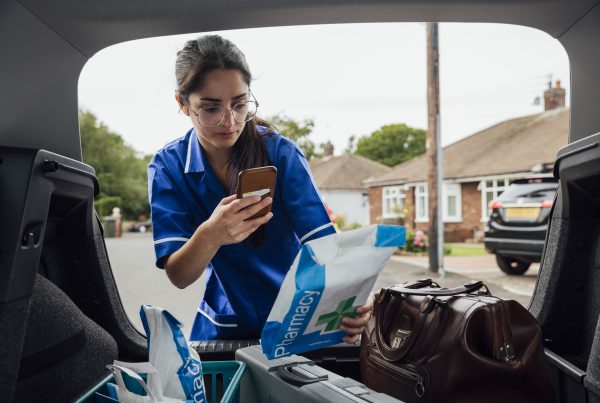Making better use of our time is, we are told, the answer to most if not all of life’s daily challenges. There is hardly a problem to be faced that could not be, at least to some degree, ameliorated by giving it just that bit more time, or that bit less, as the case may be. Making those “time” decisions is, like learning to say no, actually much harder than it sounds. That’s because we associate time with productivity, being busy, doing a good job, doing the right thing or, very commonly, how others may perceive the degree to which we are doing the right thing.
When I was a junior doctor, there was a certain badge of honour in working a continual 48 hour weekend with practically no sleep. The prospect of daring to mention that we might be tired at the end of a 14 hour day on the wards was unthinkable; European Working Time Directives were unheard of (and, with Brexit, may soon be so again!). The currency of progress and learning was “time” – we spent a lot of it at work, and little of it at home.There was scant concept of anything more nuanced than that: “time” at work defaulted to “time well spent.” Getting on, doing well and seniority equated with the long haul, the slog, the hours spent in hospital.
Rostering, in that phase of my career, consisted of being dolloped with a run of long shifts, which were received uncomplainingly and worked through with grim determination. Busy nights, never-ending weekends and bank holidays reared their heads and were tackled headlong. When the going got tough, we, the workforce, got going – for day after night after day.
There was, of course, no prospect of technology in the current sense then. Deployment methodology consisted of the gravelly-voiced medical staffing officer bleeping me at teatime to tell me that my colleague had gone off sick so I now had to cover the night shift tonight. I didn’t express an interest in accepting the deployment because nobody was particularly interested in whether I was interested or not – my task was to accept and crack on.
So there we have the snapshot of a workforce world gone by. Fast forward to 2017 and the landscape of how we secure, develop and deploy a group of staff has changed beyond recognition. Rotas and rosters are now in our hands as apps on our phones. They are enabling deployment managers and doctors alike to identify, amend and engage with a host of painstakingly-crafted shifts and rosters. For this, I, and my many thousands of clinical colleagues, will be eternally grateful. But some basic principles of how we make “time” decisions in our working lives have not evolved as quickly as the technology and that is a fundamental truth of the effective launch of software in this professional field.
To maximise engagement with technology we must always maximise engagement with those it is designed to serve. Time is a valuable asset, and making best use of it is more important than ever. Apps will save time; e-rosters will save time; e-job planning will save time. High quality activity management will save time. But it isn’t creating time, merely re-apportioning it. The skill in maximising clinical engagement with software is enabling the workforce to see how that re-apportionment works to our advantage. A whole host of regulations have influenced my own working life over nigh on 25 years in practice: I couldn’t work the hours I once did even if I wanted to. But that makes the time I do spend at work even more precious, even more laden with expectations of productivity, even more linked to me doing the right thing with every minute of my professional time.
The “Me” app is aptly named; the challenge now is to conceptualise that functionality as a clinical advocate, a virtual and more palatable version of the gravelly-voiced staffing officer of old. The going will get tough this winter, and the app must get going. See it as a member of the team, not a piece of kit. It’s there to help us make the same old “time” decisions but to make them in a better, kinder way. There are many patients to see. There are many hours in the day. Let’s get on and help each other use those hours wisely.

Darren A Kilroy (M.Ed. MBA PhD) is Deputy Medical Director at East Cheshire NHS Trust and Divisional Medical Director (Planned Care) Countess of Chester NHS Foundation Trust.



